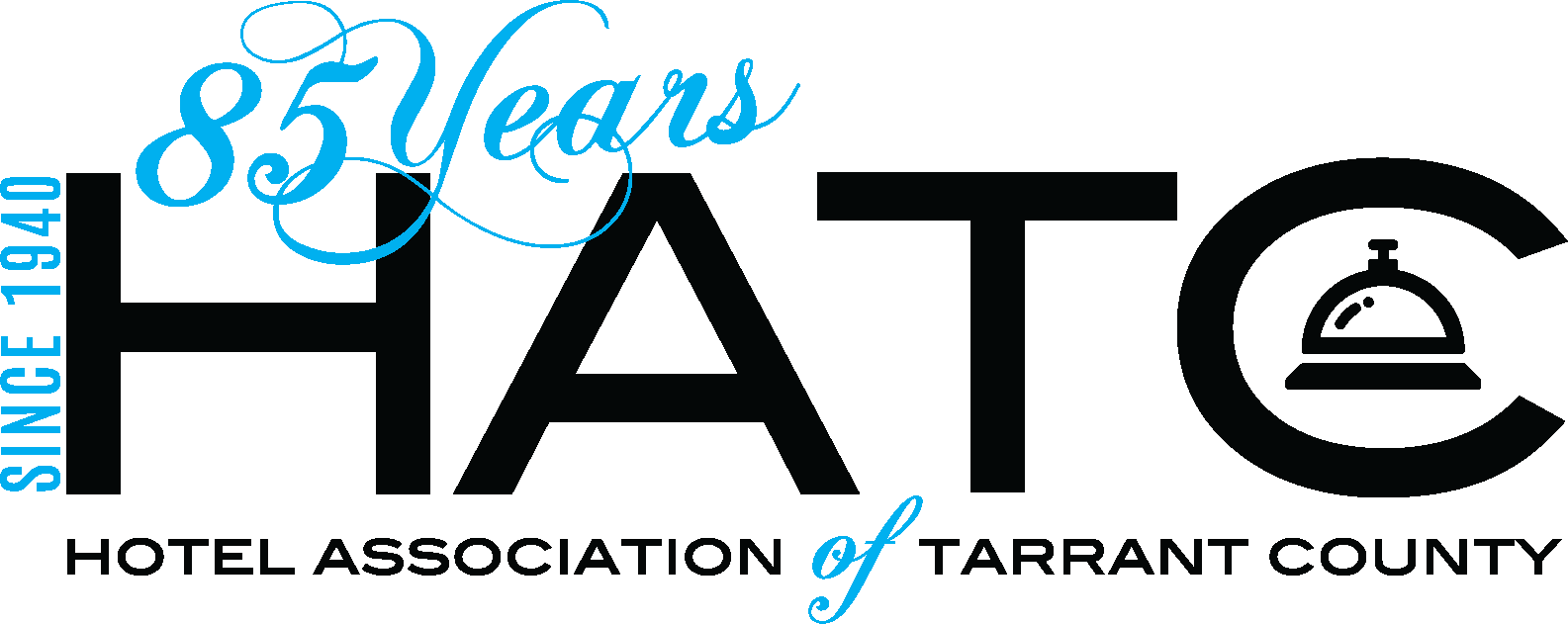Hiring Tips for Tarrant County Hospitality
Content category: Hospitality
Site: Hotel Association of Tarrant County
Audience: Hospitality business owners and managers
State: TX
What is the minimum wage in Texas? Does Tarrant County have any specific ordinances or laws that regulate an employee’s ability to run a background check? Are there any laws in Texas that apply to hospitality businesses like mine?
If you operate a hotel, restaurant, or a different type of hospitality business in Tarrant County, these are all probably questions you have wondered about. This article will provide a summary of local, state, and federal laws that hospitality employers in Tarrant County should be aware of as they seek to hire new servers, housekeepers, bartenders, kitchen workers, and other employees.
Wages and Tipping
Texas’s minimum wage is $7.25 per hour, the same as the federal minimum wage rate. Texas has not seen a minimum wage increase since 2008 when the rate was changed from $6.55 to $7.25. However, many hospitality positions are tipped.
Tipped employees are exempt from the minimum wage. Employers can pay these workers a set hourly wage of as little as $2.13 per hour if the employee’s hourly tips add up to $7.25 or more in total.
If one of your tipped employees does not receive enough tips in an hour to reach the minimum wage, then you, as the employer, are legally obligated to make up the difference. In other words, while tipped positions are technically exempt from the minimum wage, they are guaranteed to earn at least minimum wage every hour and can earn significantly more depending on tips.
In Texas, a “tipped employee” is anyone who earned $20 more in tips over the course of a month. This definition is different than the federal one, which defines tipped employees as employees who earn at least $30 per month in tips.
Meals and Breaks
No Texas employer—hospitality employers included—is required to provide employees with breaks for meals or any other purposes. Many hospitality businesses do provide breaks. For instance, an employee working an eight-hour shift at a fast food restaurant will often receive a short break for a meal.
If you do decide to offer breaks to employees, know that any break lasting 20 minutes or less must be on the clock and paid. Breaks longer than 30 minutes can be unpaid, provided that the employee is permitted to spend their break however they see fit.
Background Checks and Criminal History
Hospitality employers in Tarrant County conduct background checks to vet their new hires and shield themselves from liability and risk. However, employers should be aware of limitations placed on their ability to inquire about and consider criminal history for hiring purposes.
In most cases, hospitality employers in Texas are barred from considering criminal records that are older than seven years. These older traces of criminal history should not even show up on a criminal background check. If they do, you are barred from using them as a reason to disqualify a candidate from job consideration in Tarrant County.
The exception is if the job you are filling has a salary of $75,000 or more. If it does, you are permitted to look at the candidate’s entire criminal history dating back to his or her 18th birthday.
One trend that has been changing the game for background checks nationwide is ban the box. Ban the box ordinances bar employers from asking about criminal history on job applications or in interviews. They also often delay the background check until after a conditional offer of employment has been made.
While several jurisdictions in Texas have banned the box for public or private employers (Austin and Travis County among them), Tarrant County has not. Texas law also permits employers to inquire about and consider arrest histories when making hiring decisions—a practice banned in several states. Employers should stay up-to-date with regional developments in ban the box and arrest history consideration; changes to these policies could drastically alert your vetting procedures.
FCRA and EEOC
Finally, hospitality businesses in Tarrant County should be fully aware of the requirements enforced by the Fair Credit Reporting Act (FCRA) and the Equal Employment Opportunity Commission.
The FCRA dictates the steps employers must take to get permission for background checks and to disclose findings to disqualified candidates. The EEOC provides guidance on how to avoid discrimination in hiring: Texas law prohibits employers with 15 or more employees from deciding not to hire someone based on age, race, sex, religion, pregnancy, national origin, or disability.
Hiring is something no business can avoid, especially in hospitality. Following these guidelines will ensure Tarrant County hospitality businesses maintain not only safe hiring practices but also fair policies for their staff.
